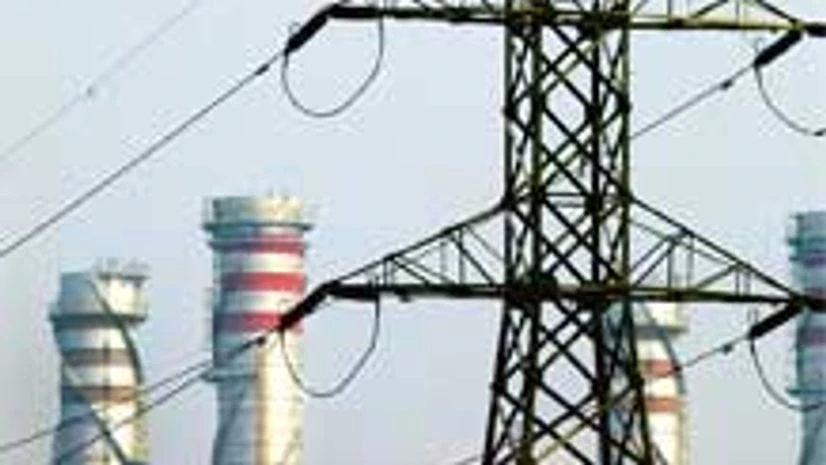Power tariff in Delhi is set to rise five per cent from August, with the Delhi Electricity Regulatory Commission (DERC) allowing a Rs 15,360-crore revenue gain for the city’s three private distribution companies (discoms) during FY14. The hike comes on the back of a 60 per cent jump in prices over the past two years.
DERC, however, waived off the additional eight per cent surcharge levied on consumers for the quarter ending September 30. “After doing away with the surcharge, there will be a minor 0.5 per cent hike in tariffs for BSES consumers and a two per cent hike for TPDDL consumers in the current quarter. Even after this hike, Delhi’s power tariffs will be lower than those in any other metro city,” said DERC Chairman P D Sudhakar.
The surcharge, revised every quarter, is levied to make good the losses of discoms accumulated over the years. Reliance Infrastructure-owned BSES Rajdhani Power Ltd and BSES Yamuna Power Ltd supply power to over three million consumers, covering around two-thirds of the city’s consumers. The rest of the consumers are supplied power by Tata-owned Tata Power Delhi Distribution Ltd. Sudhakar said power tariffs would increase by an average five per cent across all consumer categories.
More From This Section
The three discoms had petitioned DERC for an annual revenue requirement (ARR) of over Rs 19,044 crore in 2013-14. At the increased tariff, the total revenue accruing to the three discoms works out to Rs 15,360 crore, compared to the approved ARR of Rs 14,448 crore, leaving a surplus of Rs 912 crore for discoms this financial year. After taking into account the eight per cent surcharge, total revenue will go up by an additional Rs 1,228 crore, leaving a net surplus of Rs 2,140 crore with the companies.
This surplus will offset a major portion of the accumulated revenue gap of Rs 3,497 crore, leaving a net incremental shortfall of Rs 1,356 crore in FY14.
The fresh tariff hike comes four months ahead of assembly elections in Delhi. Chief Minister Sheila Dikshit-led Congress government has been facing criticism from the opposition parties — including the Bharatiya Janata Party and Arvind Kejriwal-led Aam Aadmi Party — for increasing power prices to allegedly extend undue benefits to private discoms.

)
